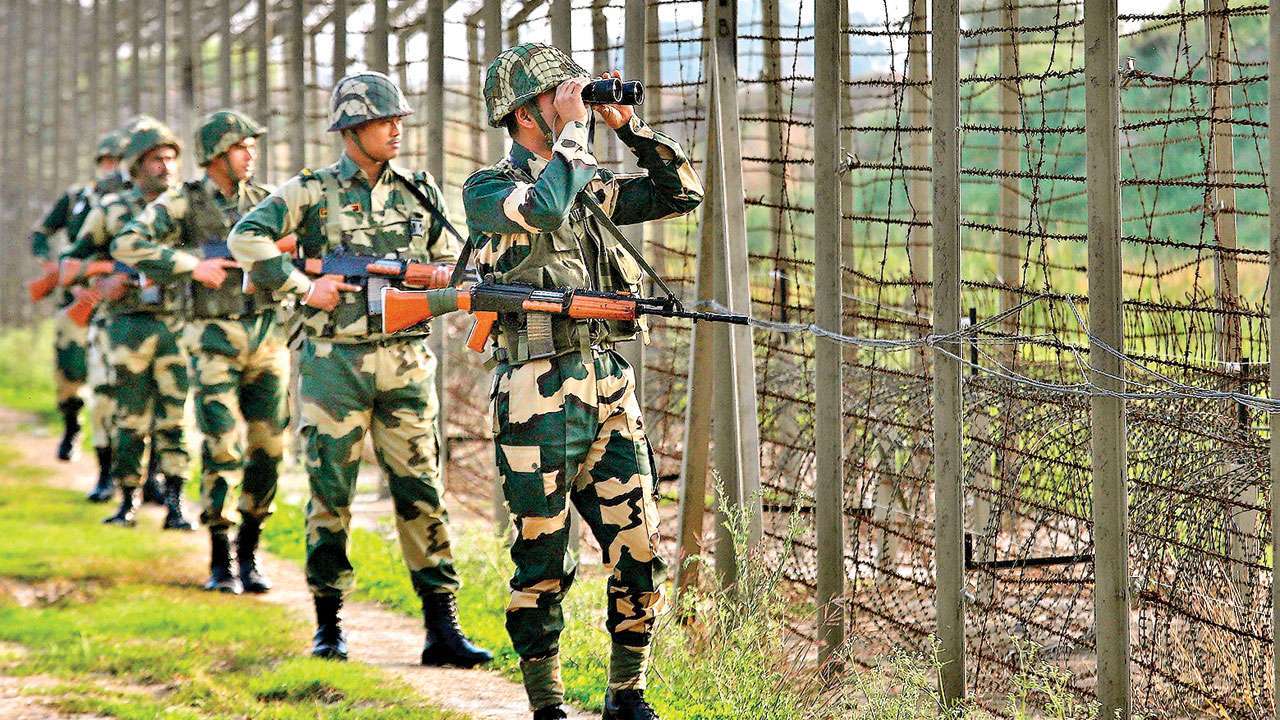The escalating threat of cross-border drones along the India-Pakistan border, particularly in Punjab, has necessitated a significant bolstering of BSF resources. Since 2019-20, the menace of drones ferrying drugs, arms, and ammunition across the Punjab border has grown alarmingly. The BSF has already intercepted more than 120 drones this year alone, surpassing the number of drone recoveries made in 2023. The scale and sophistication of these operations indicate that traditional methods of border security are becoming increasingly inadequate. The BSF’s request for an additional battalion to be deployed along the Punjab front is a critical step towards reinforcing the current defensive strategies. With the force already stretched thin across over 500 kilometers of border, the need for more troops is evident. The addition of around 800-900 personnel will not only enhance the capacity to respond to drone threats but also bolster efforts to curb infiltration and smuggling activities in the region.
Moreover, the construction of culverts along the Ravi and Sutlej rivers reflects a comprehensive approach to border security. These culverts, equipped with sewage gates and locks, are being regularly monitored by BSF patrols, ensuring that even the riverine areas-often the most challenging to secure-are not left vulnerable. This is a clear indication that the BSF is adopting a multi-faceted strategy to counter the diverse threats posed by both land and air routes. The involvement of local communities in reporting suspicious activities is also a positive development, demonstrating that security is a shared responsibility. However, the challenges ahead are substantial. The deployment of additional troops must be complemented by technological advancements and sustained community engagement. The government must ensure that the BSF is adequately equipped and supported to meet these challenges head-on.
Trending Now
E-Paper


